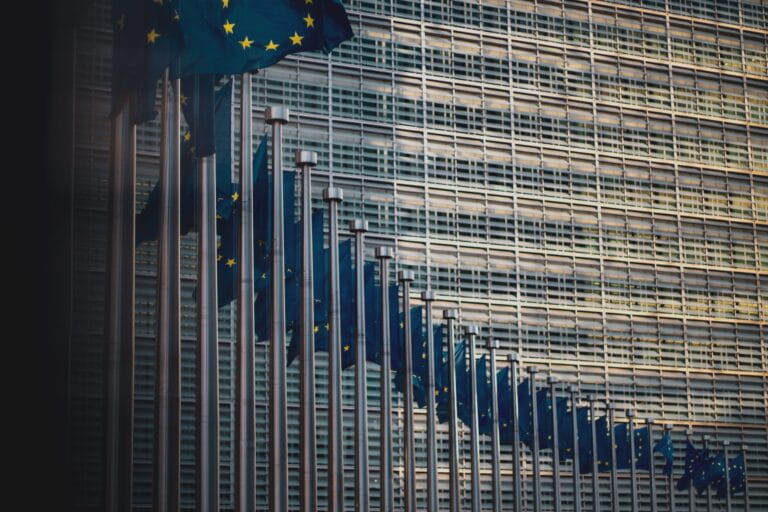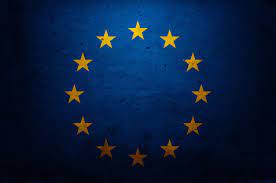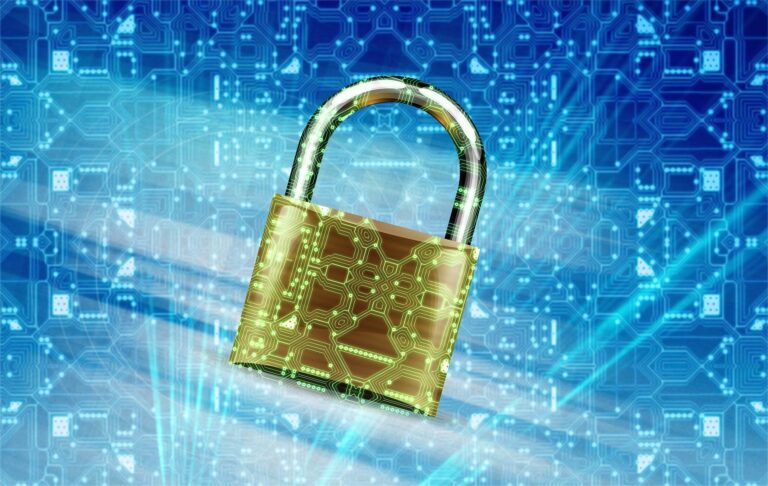The EU ePrivacy Regulation -
Preliminary Guidance and
Commentary
Preface
Welcome to eprivacy-regulation.org, the interactive article-by-article commentary on the draft ePrivacy Regulation!
This commentary is based on the latest proposal for an ePrivacy Regulation by the Council of the European Union, issued on 10 February 2021. Its editors, Paul Voigt and Axel von dem Bussche, constantly develop and adapt it to future amendments, and will release new chapters regularly. Since both legislation and this commentary are work in progress, all readers are invited to participate in the process and contribute both their ideas and remarks. A commentary section is available at the bottom of each paragraph to this end. Happy to hear your thoughts! Of course, please also feel free to reach out to us via email!
Introduction
The proposed ‘Regulation of the European Parliament and of the Council concerning respect for private life and the protection of personal data in electronic communications and repealing Directive 2002/58/EC (Regulation on Privacy and Electronic Communications)’ (hereinafter ‘ePrivacy Regulation’) is supposed to regulate a number of subject matters associated with electronic communications on a European level.

Article 1 ePrivacy Regulation Subject matter
Art. 1 of the ePrivacy Regulation identifies two regulatory objectives, which correspond with two main general regulatory mandates of the EU, namely strong protection of human and fundamental rights within the EU as well as the promotion and maintenance of the EU Internal Market.

Article 2 ePrivacy Regulation Material Scope
The general subject matter of the ePrivacy Regulation contained in its Art. 1 defines its regulatory purposes, but does not yet contain explicit specifications for determining and delimiting the legal scope of application of the law (except for Art. 1 Sec. 3, which delimits the scope of application in relation to the GDPR). While Art. 1 ePrivacy Regulation is more of a declaration of intent and useful in order to assess how to apply the law, the scope of application of the ePrivacy Regulation regarding when the law applies is mainly determined in its subsequent provisions, namely Arts. 2 and 3.

About the authors

Dr. Paul Voigt, Lic. en Derecho, CIPP/E
In addition, Paul represents online gambling providers in civil and administrative proceedings right up to the Federal Administrative Court. He also regularly assists overseas clients on their market entry in Europe. Numerous publications and recommendations are a testament to Paul’s expertise.

Dr. Axel Frhr. von dem Bussche, LL.M. (LSE)
With his considerable years of experience and outstanding expertise, he routinely guides clients from the technology sector through complex international transactions, contract drafting and regulatory issues. Axel is an accomplished data protection and GDPR expert. He supports corporate groups with the transformation to digital and global business models and also conducts negotiations with the responsible regulatory authorities.
